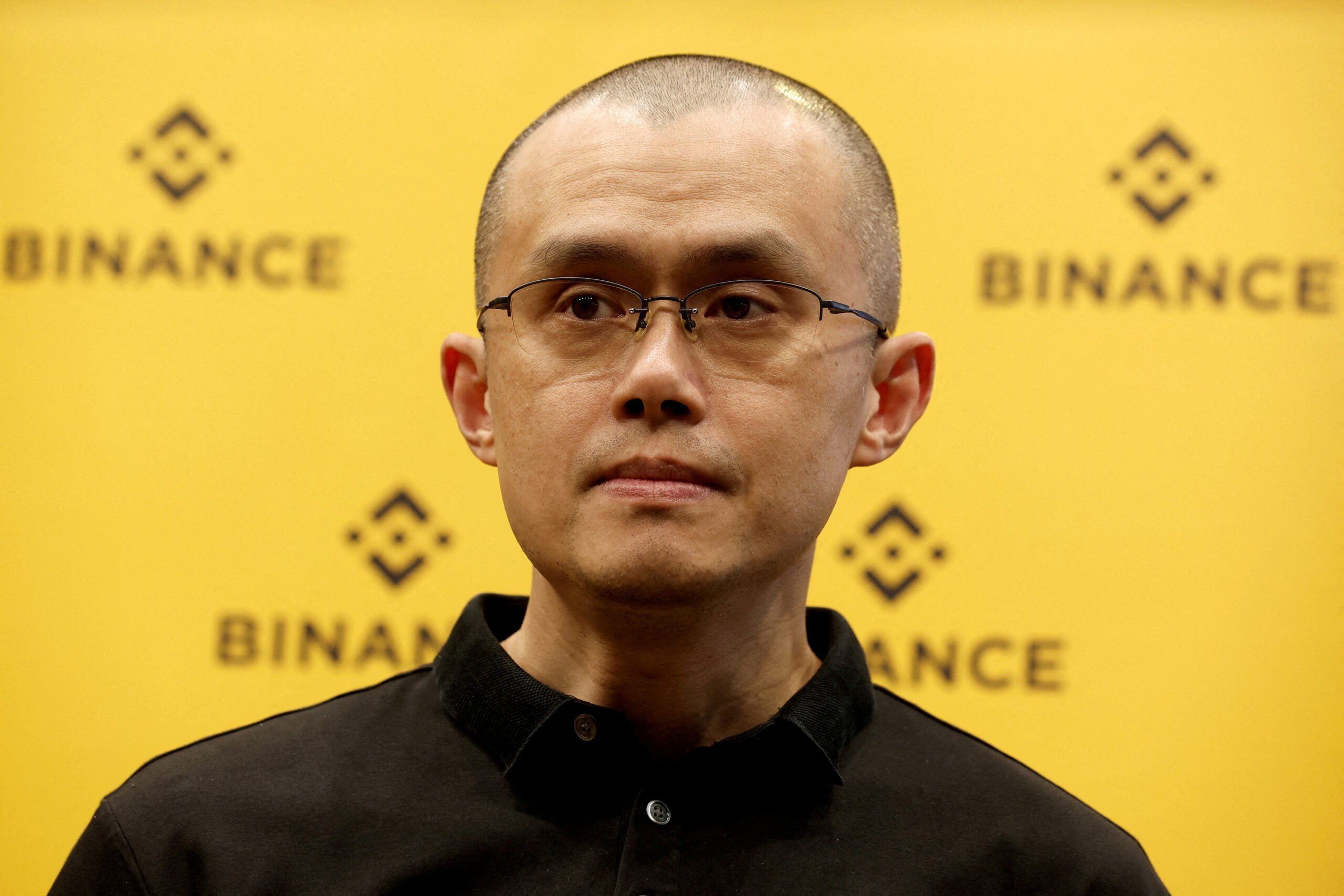In the world of finance, it is striking how the scales of justice swing differently in similar cases. Various decisions are subjected to scrutiny. Former member of the Singapore parliament, Calvin Cheng, recently reviewed the controversial sentence of Binance‘s former CEO Changpeng Zhao (CZ). Cheng’s thoughts drew intriguing parallels between the fate of CZ and the fate of other corporate giants caught in the complex web of compliance failures.
The US’s Differing Stance: A Comparative Look at Convictions
Cheng’s observations are as thought-provoking as they are poignant. Cheng compared the four-month prison sentence CZ received for anti-money laundering compliance failures with the legal troubles of banking giants’ CEOs like BNP Paribas and UBS.
It is noted that these giants were fined for the same compliance breaches, but their executives did not receive any prison sentences. Thus, the different aspects of the court’s decision in the US are revealed in this way.
Different Decisions in the Wake of Legal Struggles
Last November, CZ found himself entangled in the US Department of Justice (DOJ) and had to admit guilt for violating the Bank Secrecy Act (BSA). What was the charge? Failing to build sufficient anti-money laundering shields at the inception of Binance, which ultimately led to his resignation from the CEO position.

In a seismic legal earthquake that resonated in the banking world, the Justice Department in 2014 imposed a staggering $8.97 billion penalty on BNP Paribas. The French giant was accused in the indictment of conspiring to breach US economic sanctions. This crime was further exacerbated by the bank’s covert schemes to funnel illegal funds through the veins of the American financial system. However, there is a notable detail here. No executive of the bank was punished with a prison sentence like CZ.
CZ’s Stance Despite Everything
While the amount of CZ’s sentence continues to be debated in the crypto world, his determination to “serve his time” and pursue knowledge is admired in the crypto community. Meanwhile, Binance remains under the watchful eyes of regulators, and its stability depends on the assurances of the troubled former chief.
In the world of finance, the scales of justice dangerously tilt by balancing the weight of compliance against the specter of outcomes. As Calvin Cheng’s sharp commentary reminds us, the corridors of power are fraught with dangers where the fates of giants and magnates hang in the balance. However, one truth remains, that CZ disregarded his own self not for Binance but for the crypto community. Sam Bankman-Fried could not do this.
CZ will certainly serve the given sentence. However, he will continue to be in the limelight with his new projects. Through him, the crypto world will move on a more solid legal ground. Yet, the history of crypto will continue to clearly articulate the hypocrisy between the tariffs applied to banks and the tariff applied to the crypto exchange Binance.









